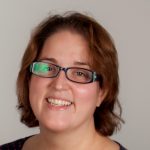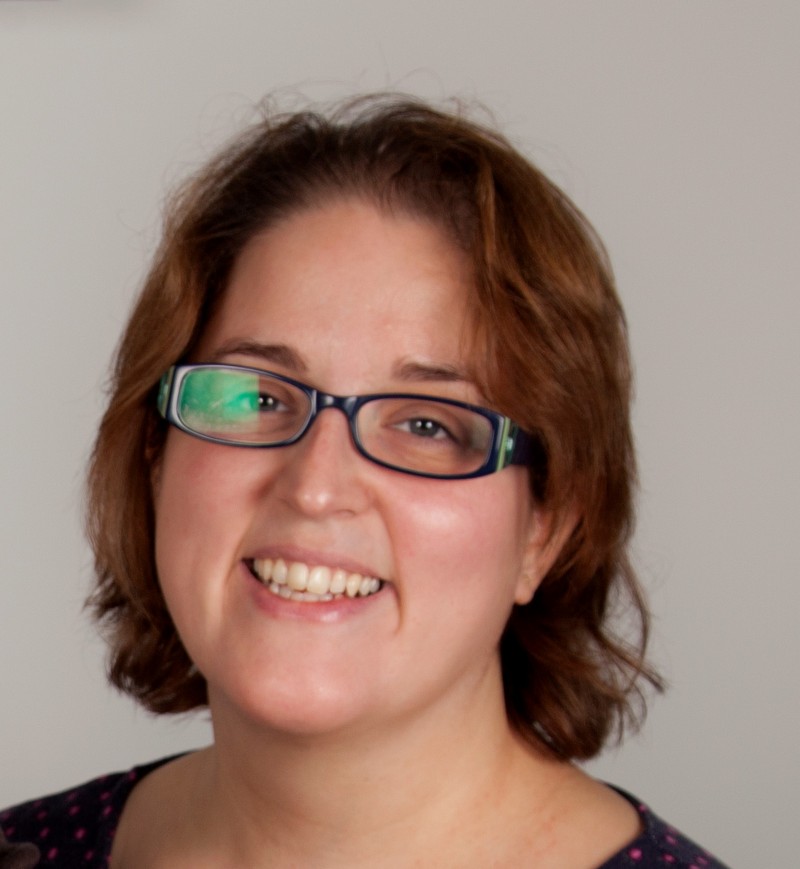
Victoria Brewer, SSOFT Project and Organisation Manager
This September, SAFE started developing a standalone tool Learning Management System (LMS) that can be accessed by SAFE members online in any location. This project’s title is
Stroke Support Organisation Faculty Tool (SSOFT)
The SAFE board approved the appointment of Victoria Brewer as SAFE Project and Organisation Director. We asked Victoria about this project, its main features and what would be the expected benefit for stroke support organisations.
SAFE: How did this project come about?
VB: The Stroke Alliance For Europe (SAFE) in partnership with the European Stroke Organisation (ESO) have been looking into how best to support their members on their journey to become strong and positive advocates for better prevention strategies, diagnosis and treatment for stroke as well as aftercare of survivors and their families. With that in mind, SAFE approached Bayer Healthcare to discuss the opportunity of funding the development of an online tool that Stroke Support Organisations (SSO) as well as other individuals interested in stroke advocacy, could freely use to help them learn about the key elements of how to become positive and effective advocates at a local and national level.
SAFE: What will the tool look like?
VB: It will be an online tool, which can be accessed anywhere by our members, on any device, be it a computer, smart phone or tablet. It will be an online system that members will be able to register to use and once they do so, they will have access to six modules which will contain a mixture of videos, presentations, animations that cover the core principles of advocacy. Members will be able to work their way through the information at their own pace and discretion.
SAFE: What will the modules cover?
VB: Initially, there will be six modules that will cover basic information on the role of Stroke Support Organisations’, what advocacy is; how to do it and strategies for positive and effective advocacy. The six module titles will be:
- Role of an SSO
- What is advocacy and how SSOs can advocate
- Use of evidence, basic stroke knowledge, medical and social care environments for effective advocacy
- The role of the patient voice
- Health systems advocacy
- Public advocacy
The tool will also collate information on other useful sites, documents and links that will help support members on their journey to learn to become effective advocates.
SAFE: How are you going to collect and write this information?
VB: Within SAFE, our membership and our partners there is a wealth of knowledge, experience and information we can call upon to assist with the process. In addition we have two very experienced individuals who have worked, collectively over many decades, in stroke advocacy at national and international levels. They are:
Joe Korner
Joe has extensive experience of working in the area of Stroke Support and Advocacy. He was Director or external affairs for the Stoke Association until 2015 and since has undertaken many projects in this area. Joe involved in the development and writing of SAFEs ground breaking report The Burden of Stroke.
Sarah Belson
Sarah is the International Development Manager at the World Stroke Organization; leading, developing and implementing a programme of capacity building activities for new and emerging patient stroke support organizations (SSOs) around the world.
Sarah has over 20 years’ experience working in community development and social and health care; in international and UK non-governmental organizations (NGO) and the statutory sector. This has included developing and delivering training for NGO staff, volunteers and beneficiaries in organization development and management, service delivery, progress monitoring and advocacy.
Sarah is a trustee and vice chair of a recently established arts and health charity in Cardiff and is supporting this organization to grow and develop.
Sarah is really excited by this project and says ‘this project has huge potential for SAFE to pave the way in regard to a capacity building approach for SSOs; using technology and a dynamic learning approach’.
SAFE: You mention your membership and calling upon their experience. How do you envisage them being involved in the process?
VB: Our members will be vital to the process as we are developing this tool for them and at the end of the day it has to be something they are happy and able to use. As part of the development process we will create a User Group that will work with the Project and the tool development teams. The User Group will during the course of the tools development, access and test the system, as well as review the content. Their feedback will be used to make amendments and overall improvements to the tool.
SAFE Board, which includes the Heads of the Regional Clusters will also be involved in the project. They will receive regular project updates from me and will be asked to make decisions on certain aspects of the project. They will have access to the content information being develop by Sarah and Joe, and will feedback to the team their recommendations. The Heads of the regional clusters will then be able to disseminate the progress of the project to their regional members and be a conduit for people to feedback to the project team as well.
SAFE: When will this tool be available?
VB: With all things being well, this tool should be available to our members towards the end of 2018. In addition members attending the Working Conference and General Assembly in Zagreb in December will be given an update on the project and see the first version of the tool and modules one and two. We hope many people will attend this session and have the opportunity to feedback directly to the team on what they are shown.
SAFE: Are there any future plans for the tool?
VB: The tool will initially be developed in English, with much of the content taking into account that many of our members may not be native speaker. The content is being designed to ensure it will be accessible as possible.
There may also be an opportunity to develop more modules going forward on topics such as fundraising, an important area to many of our members.





